How Might Education Change to Prepare for the Future?
And what role does the workforce play?
By Harrison Kellick, University Innovation Fellow from University of Technology Sydney
Looking towards the future of work, technology should only replace or automate what we don’t need to think about. Human-centric skills cannot be programmed and will continue to grow in importance. I spoke with Humera Fasihuddin at the 2022 University Innovation Fellows (UIF) meetup at Stanford University, she said that “90% of problems are human problems [and] there are some tech problems that’ll require a human touch too.”
The pace of education is failing to keep up with the rapidly changing skills market. As universities typically offer long term study, with courses of three to five years, there is little room for integration of current in-demand skills. Interest is growing for the just-in-time learning approach, which may address the shortcomings of traditional educational institutes by delivering training on an as-needed basis for the learner. Learning is heading towards short form content or micro-credentials, in intensive and practical bursts to match industry needs, which can be referred to as flexible learning.
The rapid transition to online learning throughout the COVID-19 pandemic brought competition between education institutions to a global stage. For the first time, individuals can now complete micro-credentials based anywhere in the world from the comfort of their own home. The market is crowded by organizations targeting flexibility and costs, such as LinkedIn Learning and Coursera, driving up competition. Despite promoting fewer barriers to entry, these platforms are still in their adolescence and continue to struggle with financial and accessibility barriers.
Another emerging problem is the disconnect between secondary education, tertiary education, and the workforce. Secondary education fosters an environment in which students compete against one another for their rank and final mark, only to join a workforce dominated by teamwork and collaboration. Ise Lyfe’s and Bre Przestrzelski’s workshop at the UIF meetup ‘Co-creating is the ghost in the machine behind great design’, explored our human desire to be independent by nature through the lens of puberty. A child is heavily reliant on their parents for everything, whereas a teenager has a drive to be their own person. However, once independence is reached, many people stop there. My favorite quote from this session was “Independence is childish, and maturity is being interdependent with one another.”
A crucial step in the transformation of education is for organizations and industries to be more vocal about what they are looking for in a candidate. For example, a consultation company in the United Kingdom is now hiring school students in listings that call for transferable skills that students already possess, such as a knack for organization. This allows them to avoid competing for graduate talent and provides emphasis on the crucial role of human-centric skills in the workplace. Similarly, organizations are partnering with tertiary education to develop work-integrated learning, where students receive credit for work experience. When organizations are vocal, they help break student perceptions and highlight that flexible education is a legitimate and welcome pathway. Educational institutions will need to integrate flexible approaches to keep up with the rapidly changing paradigm of work.
To explore this, the UTS UIF 2020 team have curated workshops highlighting important skills of the future and how students can develop them, and have recently embarked on a project encouraging students to develop a portfolio that evidences these skills. As I approach the end of my degree and transition into the workforce, I’m interested in exploring new perspectives within this system and the impact that reflexivity or self-awareness has on a student’s experience joining the workforce.
I encourage you to consider what role you play in this evolving complex system; how might we encourage active, life-long learning?
The original article can be found in the Perspectives section of the 2021-2022 Change Forward Journal — Visions and Voices of Higher Education’s Future.

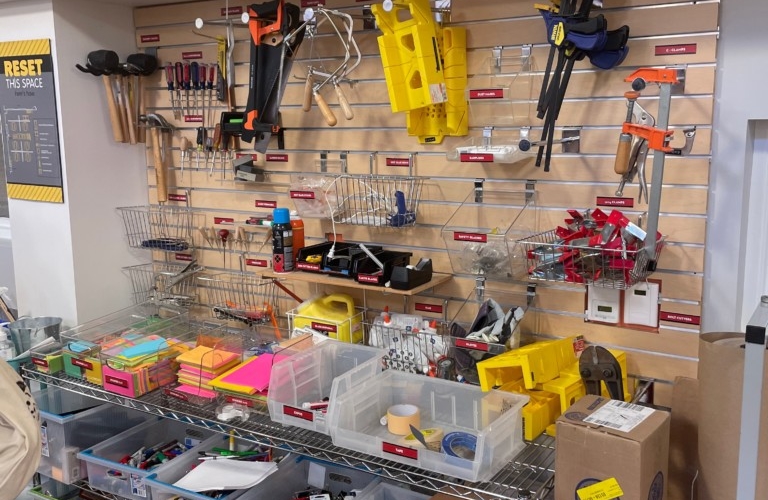
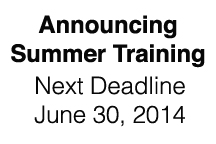
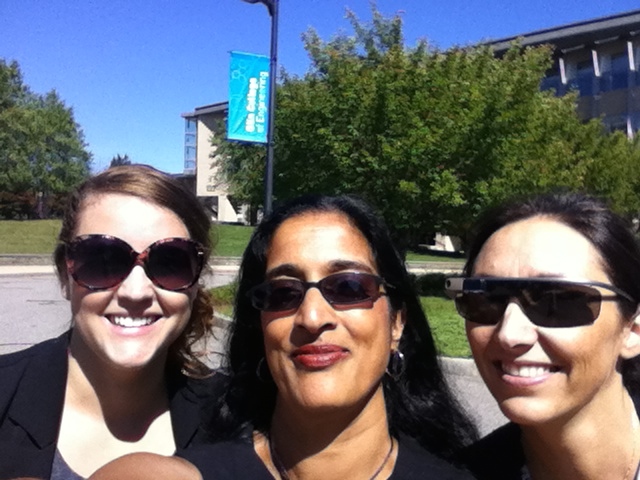

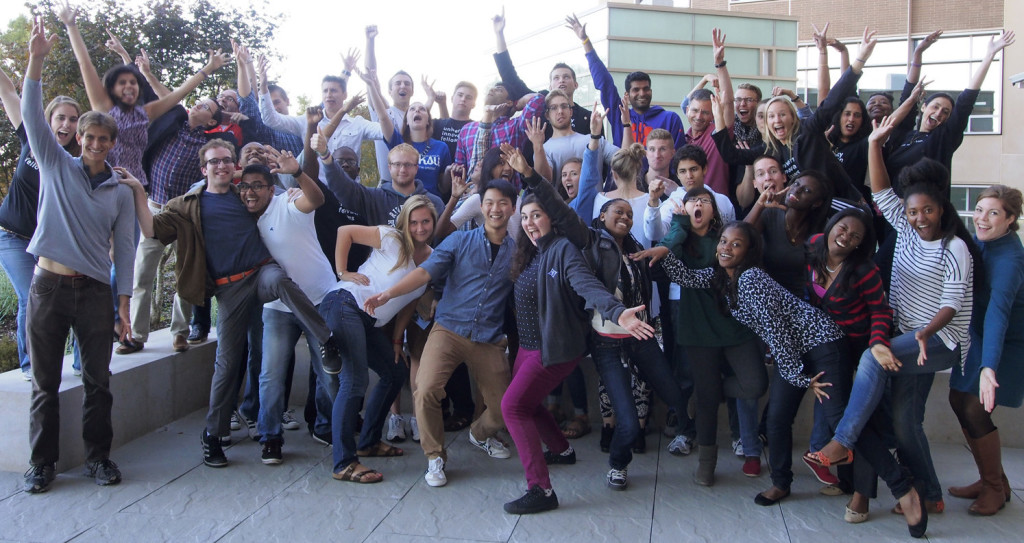
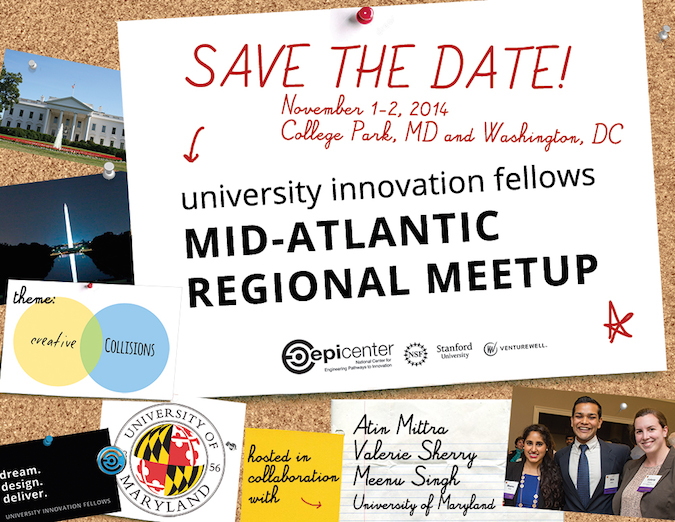
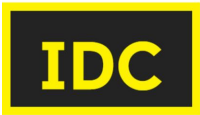
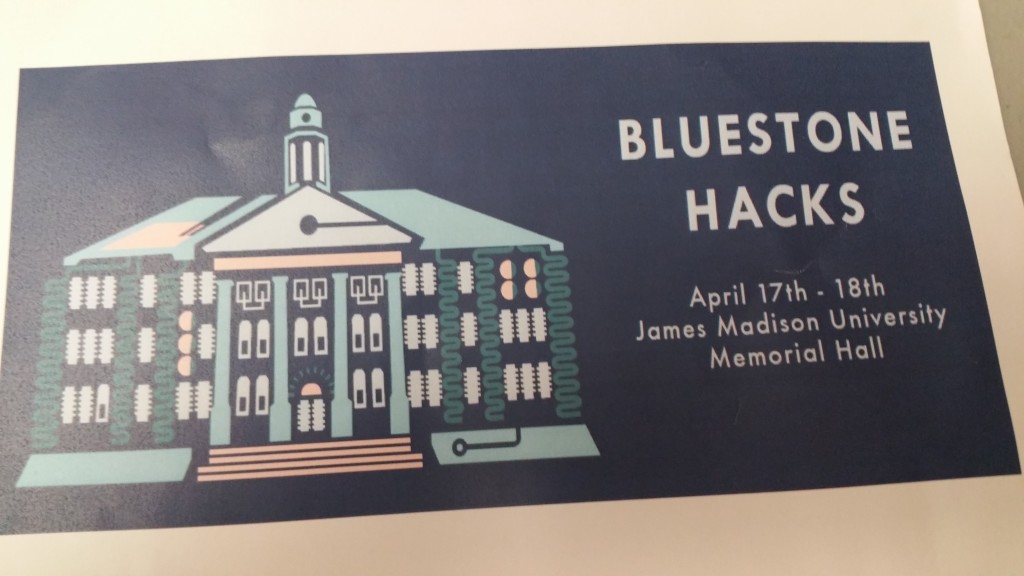



 Credit: Ariana Beraun Gasco
Credit: Ariana Beraun Gasco
Leave a Reply
Want to join the discussion?Feel free to contribute!